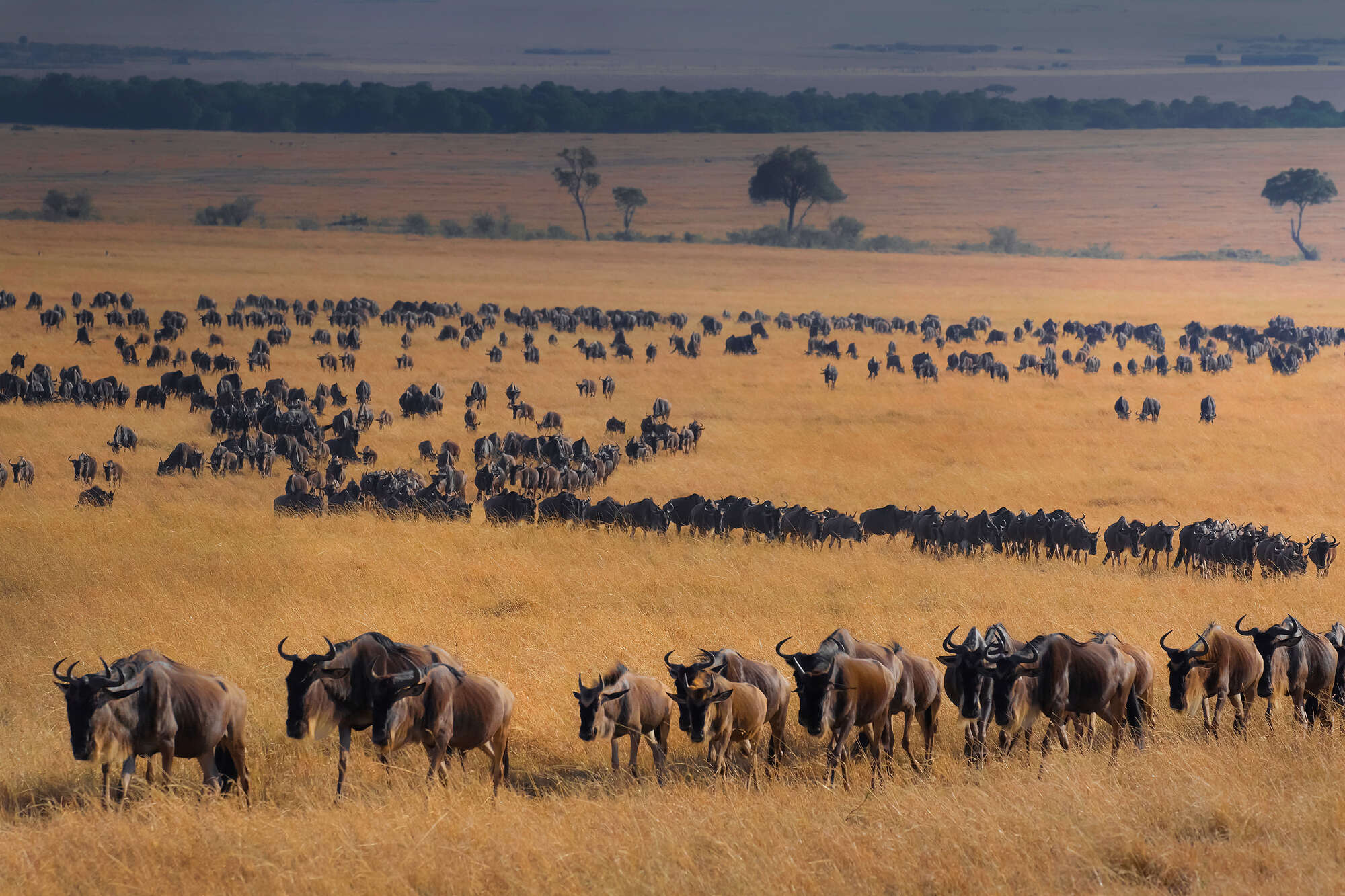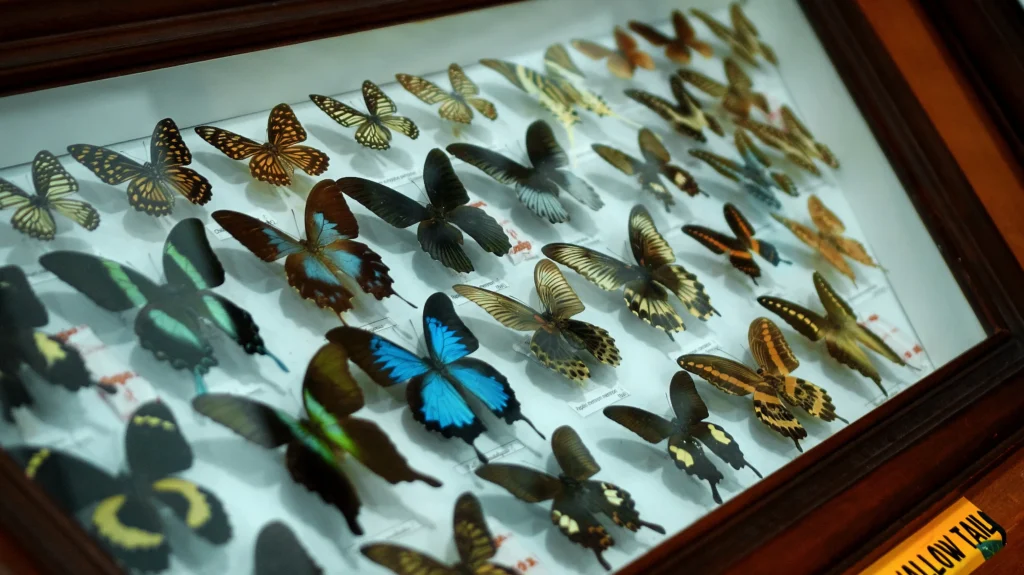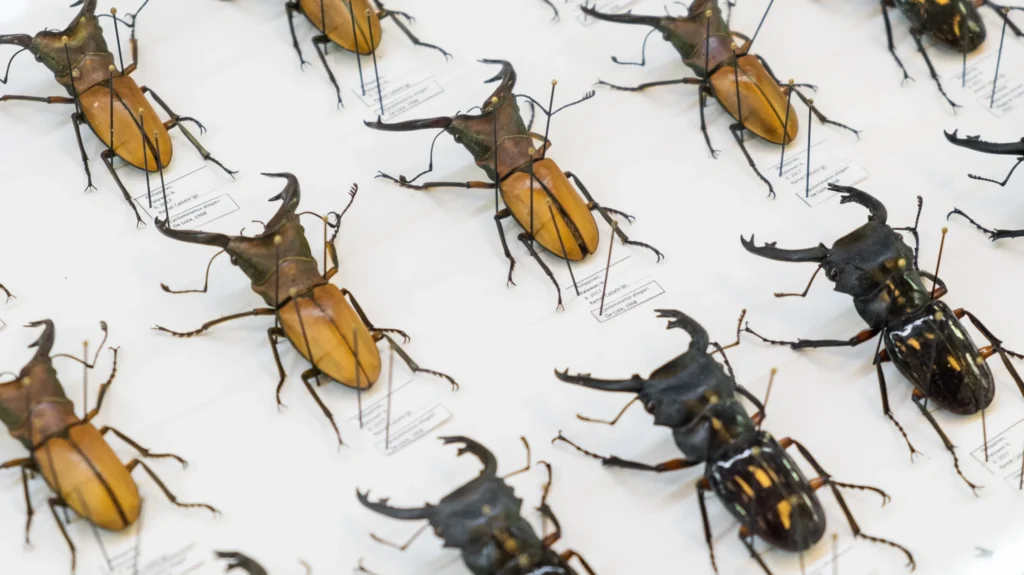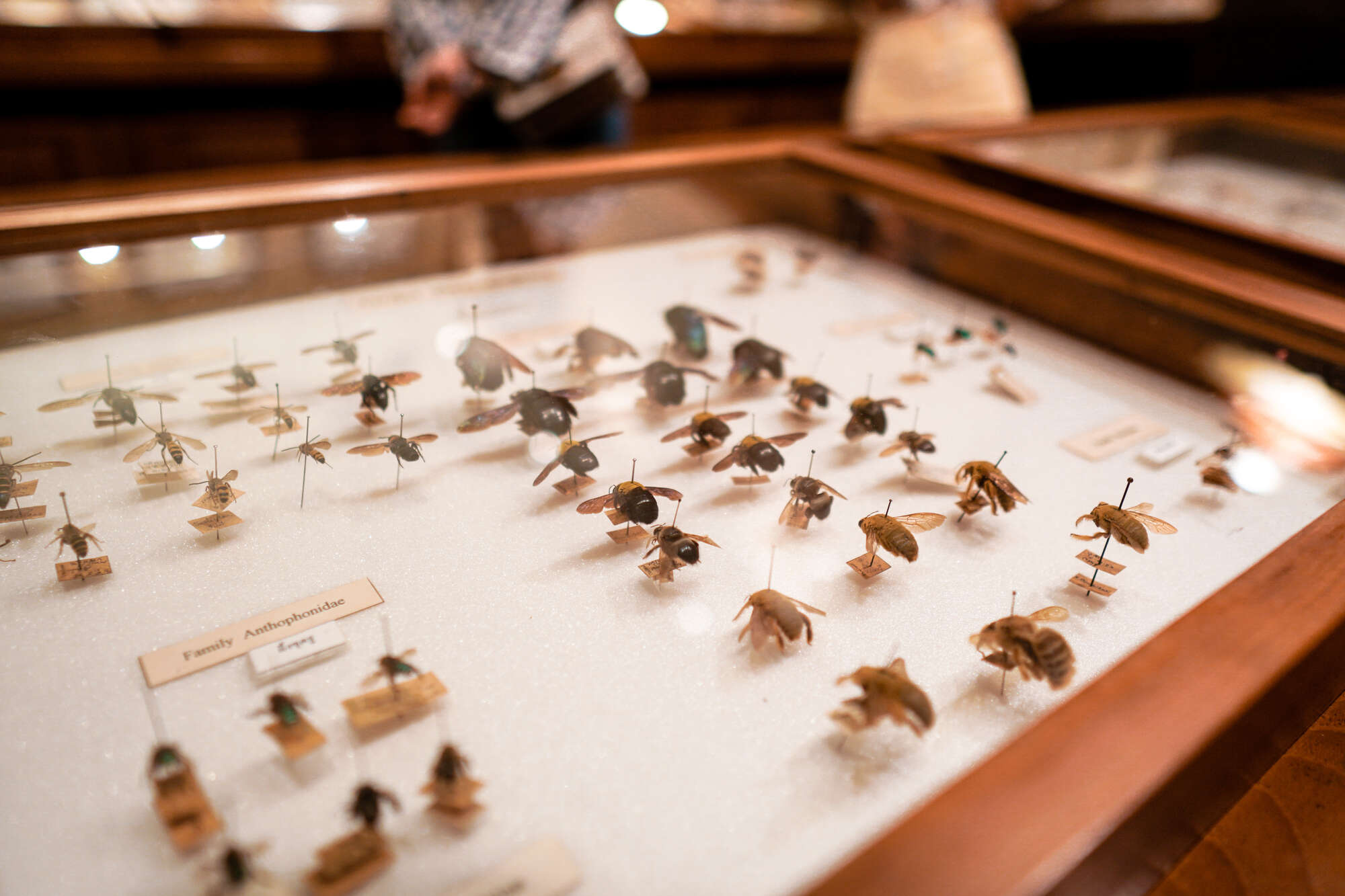Dynamic Data Solutions for Advanced Biodiversity Research
BOLD Data Packages are expertly crafted to enhance utility and accessibility for researchers, policymakers, and industry professionals, offering structured, ready-to-use data for a variety of applications—from the latest data snapshots for immediate analysis to comprehensive historical datasets and specialized project-specific data for in-depth studies.

Why use BOLD Data Packages?
Optimizing Data Accessibility for Scalable Research
These packages support scalable data analysis, accommodating both small-scale individual research and large-scale international projects, by making large datasets easily accessible and manageable. Employing frictionless standards, the packages ensure data is easy to access, integrate, and reuse across different platforms, enhancing research tool interoperability and promoting reliable and reproducible biodiversity research. They also provide flexibility to meet diverse research needs, whether for rapid response or detailed historical analysis, significantly reducing the time and resources typically needed for data collection and preparation.
Enhancing Research Efficiency and Cost-Effectiveness
This streamlined approach not only accelerates research timelines but also improves the economic feasibility of biodiversity projects, making BOLD Data Packages essential for driving impactful decisions and advancing global biodiversity research.



Recent Data:
Data is provided in TSV and FASTA formats along with metadata files in JSON format.
Specimens - 20,616,372
Sequences - 20,966,629

Latest
The latest BOLD DNA Barcode Reference Library snapshot. Data is provided in TSV and FASTA formats along with metadata files in JSON format.
Specimens - 20,555,322
Sequences - 20,905,234

Second Latest
The second latest BOLD DNA Barcode Reference Library snapshot. Data is provided in TSV and FASTA formats along with metadata files in JSON format.

Historical Data:
Quarterly snapshots of the Public data on BOLD over the past year
Dataset from 26-SEP-2025
BOLD DNA Barcode Reference Library snapshot taken on Sep 26, 2025. Data is provided in TSV and FASTA formats along with metadata files in JSON format following BCDM.
Specimens: 20,616,372
Sequences: 20,966,629
Dataset from 27-JUN-2025
BOLD DNA Barcode Reference Library snapshot taken on Jun 27, 2025. Data is provided in TSV and FASTA formats along with metadata files in JSON format following BCDM.
Specimens: 19,759,311
Sequences: 20,104,972
Dataset from 28-MAR-2025
BOLD DNA Barcode Reference Library snapshot taken on Mar 28, 2025. Data is provided in TSV and FASTA formats along with metadata files in JSON format following BCDM.
Specimens: 19,220,950
Sequences: 19,561,427
Dataset from 27-DEC-2024
BOLD DNA Barcode Reference Library snapshot taken on Dec 27, 2024. Data is provided in TSV and FASTA formats along with metadata files in JSON format following BCDM.
Specimens: 17,568,910
Sequences: 17,912,216

Project Data:
This is the initial data release from the Centre for Biodiversity Genomics (CBG)
CBG.R4.01-Sep-2025
This is the fourth data release from the Centre for Biodiversity Genomics (CBG). It marks the continuation of a strict data release policy and its commitment to open science. This dataset encompasses records generated over a 6 month period. The records originate from over 200 countries and represent 24K species. All records underwent validation, though errors may persist. Efforts were made to ensure validity at least to the family level. CBG releases this data to support global biodiversity research and advance collaboration within the biodiversity science community.
Specimens:
807,389
Sequences:
807,389
CBG.R3.01-Mar-2025
This is the third data release from the Centre for Biodiversity Genomics (CBG). It marks the continuation of a strict data release policy and its commitment to open science. This dataset encompasses records generated over the year. The records originate from over 25 countries and represent 4K species. All records underwent validation, though errors may persist. Efforts were made to ensure validity at least to the family level. CBG releases this data to support global biodiversity research and advance collaboration within the biodiversity science community.
Specimens:
783,225
Sequences:
783,225
CBG.R2.13-Dec-2024
This is the second data release from the Centre for Biodiversity Genomics (CBG). It marks the continuation of a strict data release policy and its commitment to open science. This dataset encompasses records generated over the past three years. The records originate from over 100 countries and represent 12K species. All records underwent validation, though errors may persist. Efforts were made to ensure validity at least to the family level. CBG releases this data to support global biodiversity research and advance collaboration within the biodiversity science community.
Specimens:
1,145,004
Sequences:
1,145,004
CBG.R1.21-Mar-2024
This is the initial data release from the Centre for Biodiversity Genomics (CBG). It marks the adoption of a strict data release policy and signals its commitment to open science. This dataset, likely the largest and most diverse DNA barcode dataset released, encompasses records generated over a 15-year period, with the majority produced in the past three years. The records originate from over 180 countries and represent 351K species. All records underwent validation, though errors may persist. Efforts were made to ensure validity at least to the family level. CBG aims to support global biodiversity research and advance collaborative efforts across biodiversity science community by releasing this data.
Specimens:
4,194,294
Sequences:
4,194,294
iBOLD.31-Dec-2016
BARCODE 500K program was the inaugural program of the International Barcode of Life (iBOL) consortium. It delivered DNA barcodes for five hundred thousand species sourced from a global network of collections. The program was initiated in 2009 and concluded in 2015. This dataset includes barcodes from reference museum specimens as well as new collections generated from environmental samples.
Specimens:
2,787,799
Sequences:
2,799,047
CBN.31-Dec-2008
The Canadian Barcode of Life Network project's goal was to dramatically advance the inventory of Canadian biodiversity. The project was initiated 2005 and concluded in 2009. This dataset includes barcodes from groups of particular economic and social interest in Canada as well as samples from a wide range of other species.
Specimens:
94,318
Sequences:
102,707

